As a Chinese commercial aerospace company on Friday provided, for the first time, global low-Earth orbit (LEO) satellite communication services, experts said on Sunday that the launch of China's private satellite network for global communications demonstrates the country's advancing telecom capabilities, with private companies now positioned to compete globally.
The third orbital plane of Chinese private automaker Geely's Future Mobility Constellation was launched on Friday from Taiyuan, North China's Shanxi Province, with 10 satellites entering their intended orbits and functioning normally.
The launch brought Geely's Future Mobility Constellation to 30 satellites, covering 90 percent of the world with near-constant communication. This marks the first time a Chinese commercial aerospace company has provided global LEO satellite communication services.
China's commercial space industry is picking up speed, with several satellite constellation projects taking off this year.
On August 6, the first batch of satellites from the Qianfan Constellation was launched, with plans to achieve global network coverage by the end of 2027.
In May, LandSpace subsidiary Hongqing Technology filed a frequency and orbit request for its Honghu Constellation, aiming to deploy 10,000 satellites across 160 orbital planes.
Despite a late start, China is rapidly advancing in building satellite constellations, particularly in the commercial sector, and catching up with global competitors, Wang Ya'nan, chief editor of Aerospace Knowledge magazine, told the Global Times on Sunday.
"For example, orbital insertion technology has matured, and rocket reliability continues to improve. Commercial space companies are key to driving market growth by delivering tailored, efficient and cost-effective solutions to meet market demand," Wang noted.
Whether China's LEO satellite development can truly lead globally still depends on market testing and adjustments for a period of time, Wang said.
LEO satellite networks are a necessary step toward the 6G era, Wang noted.
"Both state-owned and private Chinese companies, including telecom operators, satellite firms and manufacturers, are actively participating, creating a dynamic and competitive ecosystem," Wang said.








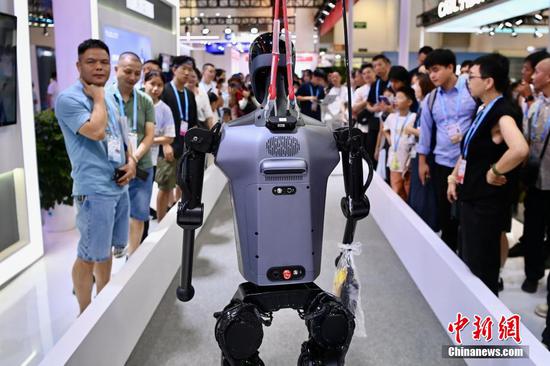
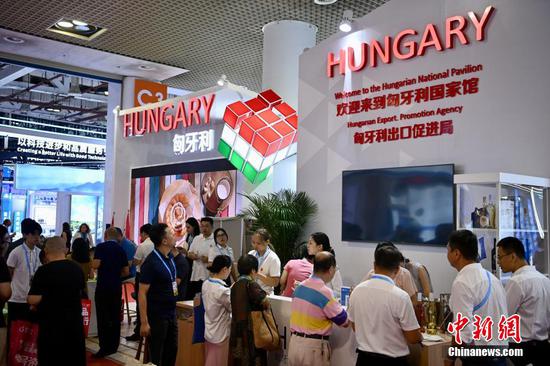


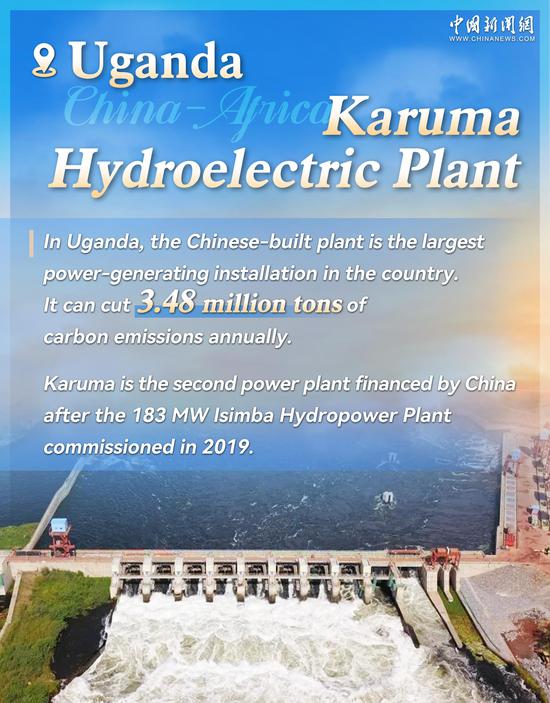



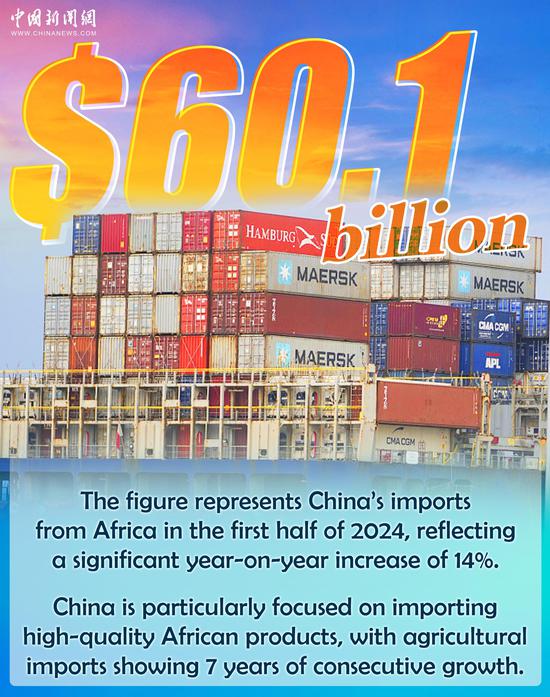
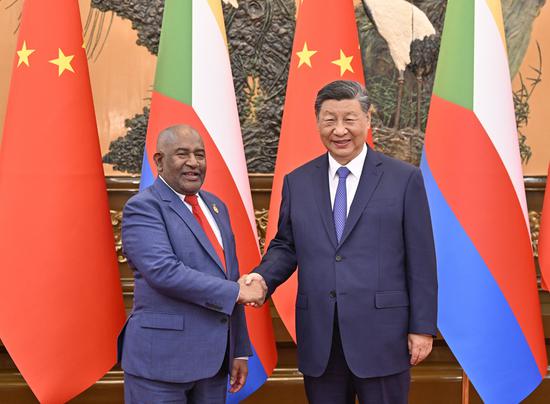
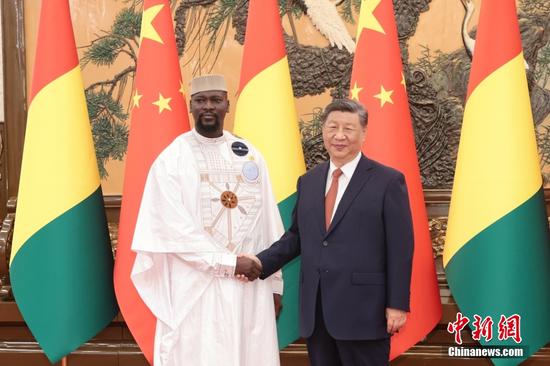
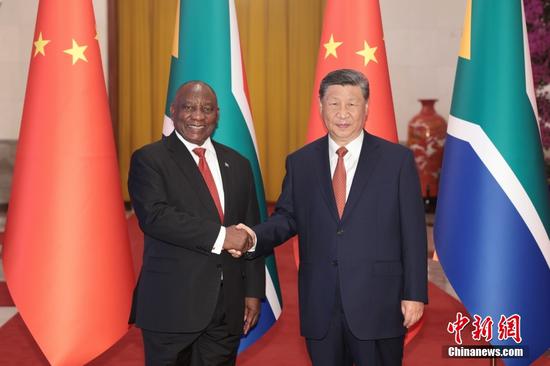

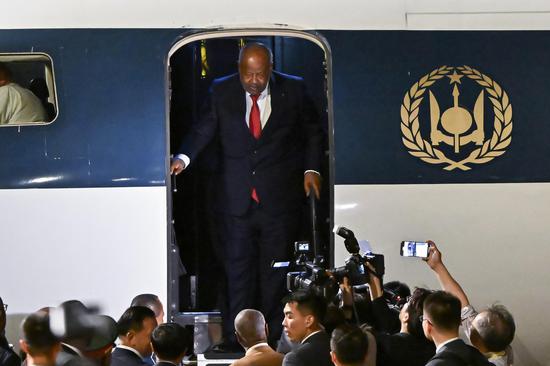
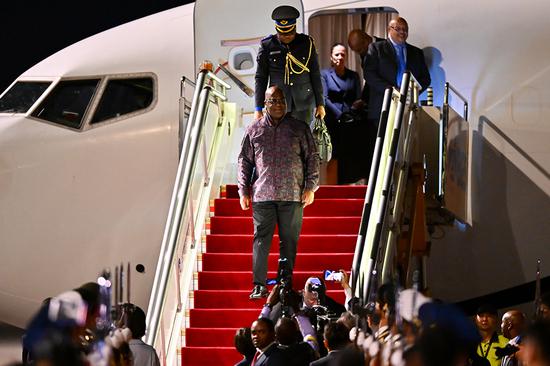

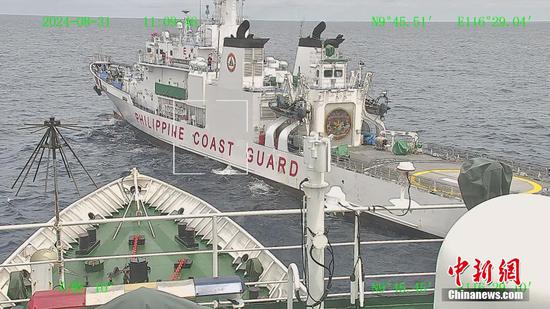

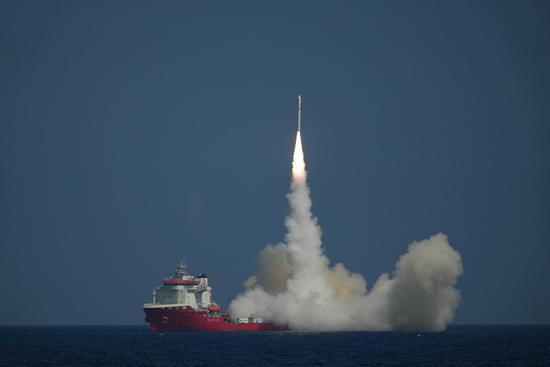
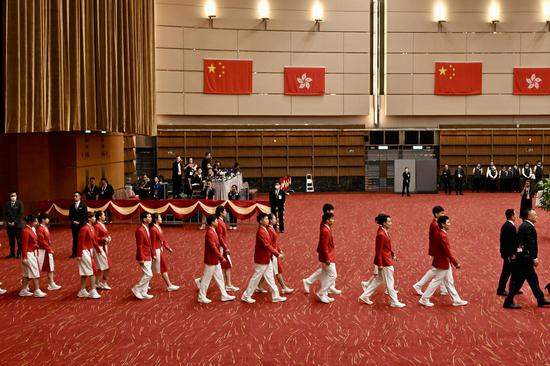


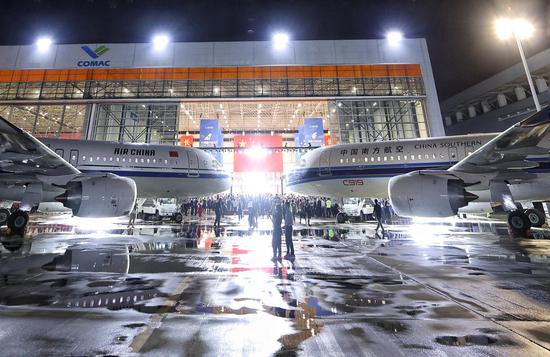
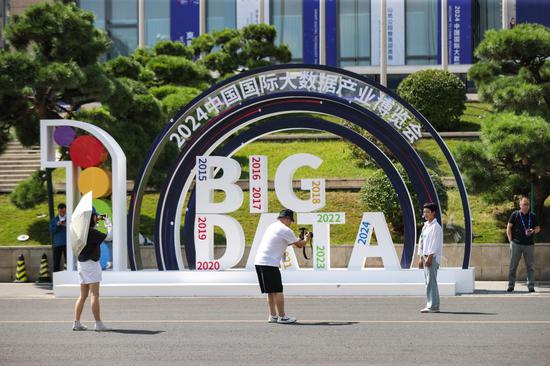



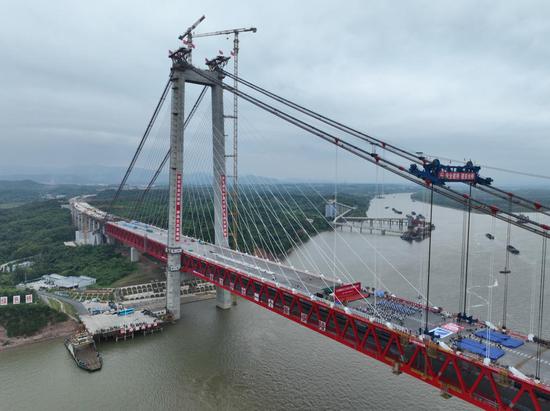

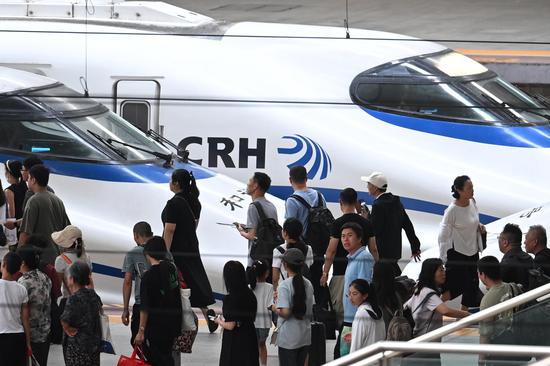








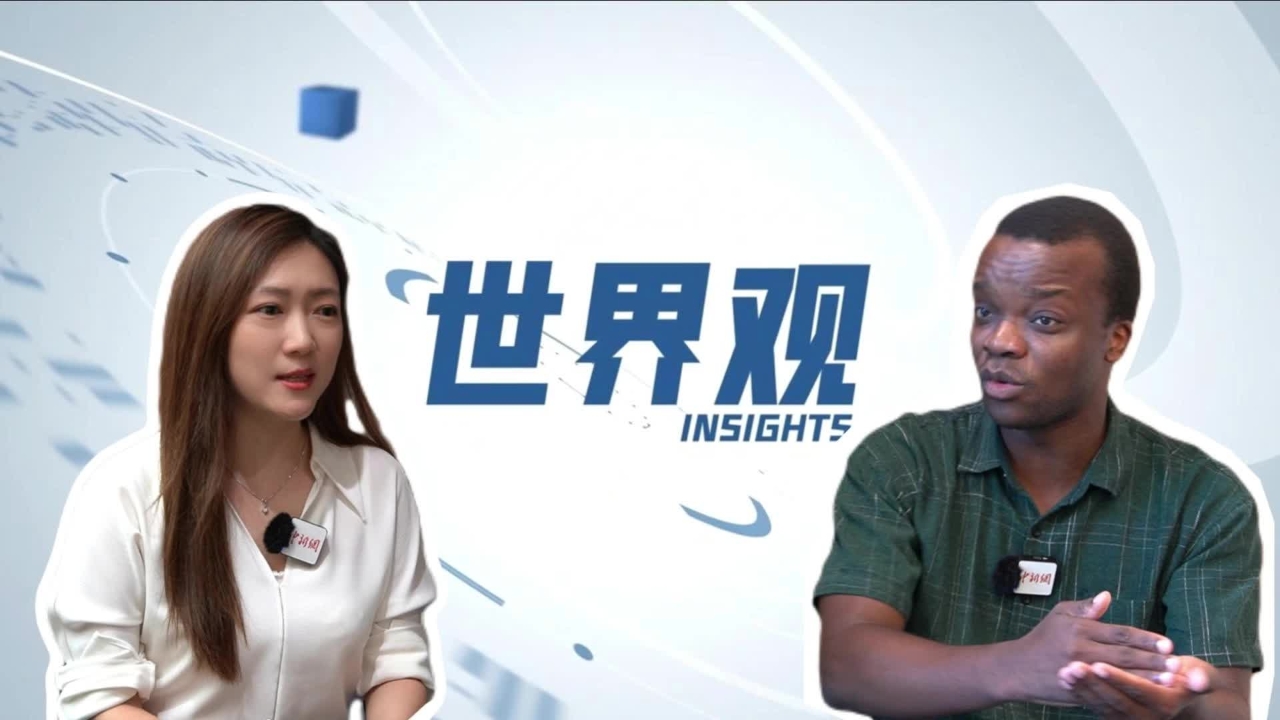



 京公网安备 11010202009201号
京公网安备 11010202009201号